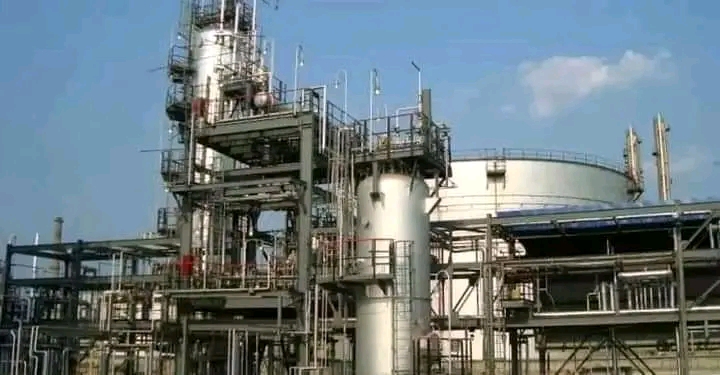NBS Reveals Why Oil Sector Attracts Zero Foreign Investment in Q2
The oil and gas sector in the country failed to attract any foreign investment for the first time in Q2 2021, amid the global push for cleaner energy, according to the National Bureau of Statistics.
The NBS in its ‘Nigeria Capital Importation Q2’ report stated that the Federal Government failed to convince IOCs to invest in the oil and gas sector between January and June.
The report showed that the country had no foreign capital importation into the sector in the period under review.
The report comes on the heels of various divestment efforts by International Oil Companies into cleaner energies and to neighboring countries as a result of a commitment to the United Nations agenda that seeks to cut emissions from fossil fuels to zero by 2050.
Former President Mohammadu Buhari on behalf of Nigeria pledged to attain net-zero by 2060.
The net-zero race has since seen IOCs, including most indigenous oil companies, rebrand from full-fledged oil and gas to energy firms.
As a result of low investments, Nigeria’s crude oil production has dropped drastically, especially since COVID-19, reaching about 900, 000 barrels per day around September last year before climbing to about 1.3mb/d in September, according to statistics from the Organization for the Petroleum Exporting Countries.
Reacting to the drop in investment in the sector, the President of the Nigerian Association of Petroleum Explorationists, Elliot Ibie, told our Source that the lack of investments in the sector by IOCs and NOCs was not due to the energy transition and divestment.
“It all started after COVID-19, coupled with security challenges, pipeline vandalism and oil theft and slowness in passage of the Petroleum Industry Act,” he said.
NBS said Nigeria recorded $1.03bn capital importation in Q2 2023, 32.9 percent lower than the $1.54bn recorded in the corresponding period of 2022.
It was slightly lower than the $1.13bn recorded in the previous quarter.
NBS indicated that most of the foreign inflows in Q2 came into the country as loans, accounting for 74.9 percent of the total capital import.
Foreign direct investment into the country which NBS put at $86.03m accounted for 8.4 percent, while foreign portfolio investment with $106.85m accounted for 10.4 percent of the country’s foreign inflows.
The oil and gas sector has been the government’s major source of revenue, according to over 90 percent of the country’s foreign exchange earnings.
However, the manufacturing sector attracted the most foreign inflows in Q2 with $605.04m, followed by banking with $194.58m, and the stock market with $68.63m.
Joining the list of IOCs that have sold their oil and gas assets in Nigeria, recently, Italian company Eni also agreed to sell its subsidiary Nigerian Agip Oil Company to Oando.
According to a British research and consulting firm, Wood Mackenzie, divestment by international oil firms in Nigeria, amounted to £871m since 2020.
In a recent meeting with Shell Petroleum Development Company, President Bola Tinubu had said attracting investments was “a promise I made personally to Nigerians. Whatever it takes, I will fulfill that promise to Nigerians”.
PUNCH
